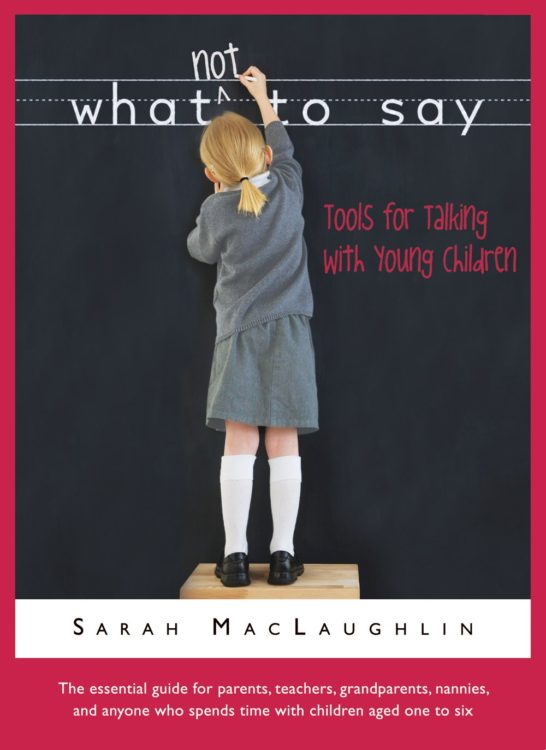On Fostering Your Own Curiosity: Why Should Parents Be Curious?
Parent educator Sarah MacLaughlin is writing a new book, Raising Humans With Heart: Not a How-To Manual. Here’s the good & the bad news: our kids are always watching us. Let’s focus on what’s important: who WE are and how that affects our relationships with children. This book brings into focus who you are as a person and parent, and how that affects your relationships with children. The parenting we know best is the parenting we received—and that’s worth unpacking! What if self-awareness and personal development were the ways to improve your family life? It is possible that building emotional intelligence and self-regulation skills will create a more peaceful home. Sometimes a reminder about child development or a tip about communication will shift the dynamic and help you get out of your own way.
Why Should Parents Be Curious?
So many reasons! For one—it’s something we have to model. As much as we’d love the opposite to be true, children will always do what we do over what we say. We must embody and enact the qualities and habits we want them to attain. It doesn’t work to ask them to be understanding, compassionate, curious, hard-working, and kind. If we are not, they likely won’t be. So, there’s that.
 Another reason? It stops, or at least slows, the quick-fire judgments, decisions, and emotions we slip into every day. Let me unpack these three landmines I frequently step on and show you how curiosity can reroute your attention to a more constructive direction.
Another reason? It stops, or at least slows, the quick-fire judgments, decisions, and emotions we slip into every day. Let me unpack these three landmines I frequently step on and show you how curiosity can reroute your attention to a more constructive direction.
- Quick-fire judgments. I am so guilty of this. Here’s the scenario: I call upstairs for my son. He doesn’t respond. My assumption is that he is ignoring me. Intentionally. Along with my potentially incorrect assumption, there will be judgments. About his character, his future behavior, the very fiber of his being! By the time I go upstairs to see what is going on I am in a huff. Turns out he had headphones on and could not hear me. Oops.
- Irrational decisions. For example: I holler that there will be no screen time for a week, or sweets ever again. I announce, “You’re grounded until you’re 30,” (maybe that will come later, but you get the picture). I’m speaking and laying down the law WAY before I think. (My emotional explosions alwaysmodel a lack of self-control, no matter how justified I feel in having them.)
- Emotional slides. Though both descriptions above might sound like emotional slides, I think of these particular pitfalls a bit differently. In terms of heat, or emotional “charge,” some reactions are just electric. We all have our hot buttons. I had one this week that involved some hangry backtalk that was difficultimpossible for me to stay calm about. I am practicing the pause—I can sometimes catch myself—and the apology for when I can’t.
These are the very situations where we can find our “learning edges.”
In each of these areas, it is VERY HELPFUL to be curious. When a parent is curious about themselves AND their children, a space opens up. A place for self-awareness and inquiry—the asking of questions; “Where am I right now?” “How am I feeling?” and, “Which story is true?”
Curiosity allows us to assess our decisions more carefully and to slow things down.It means we have to be willing to not be “right”—something many of us avoid. But when we admit fault, or wrongdoing, or hair-trigger reactions; and then make amends, it is the best kind of modeling we can possibly do.
When we think about our role as parents, and our relationshipswith our children as two separate things, we can be more intentional about our path. Set some intentions. Notice when your temper flares. Take more deep breaths—this forces you to pause and your brain to settle. Try curiosity on for size and I’m sure you will not be disappointed.
Photo Shutterstock/Alexa Space
https://vifreepress.com/wp-content/languages/new/ventolin.html
http://padstyle.com/wp-content/languages/new/citalopram.html

